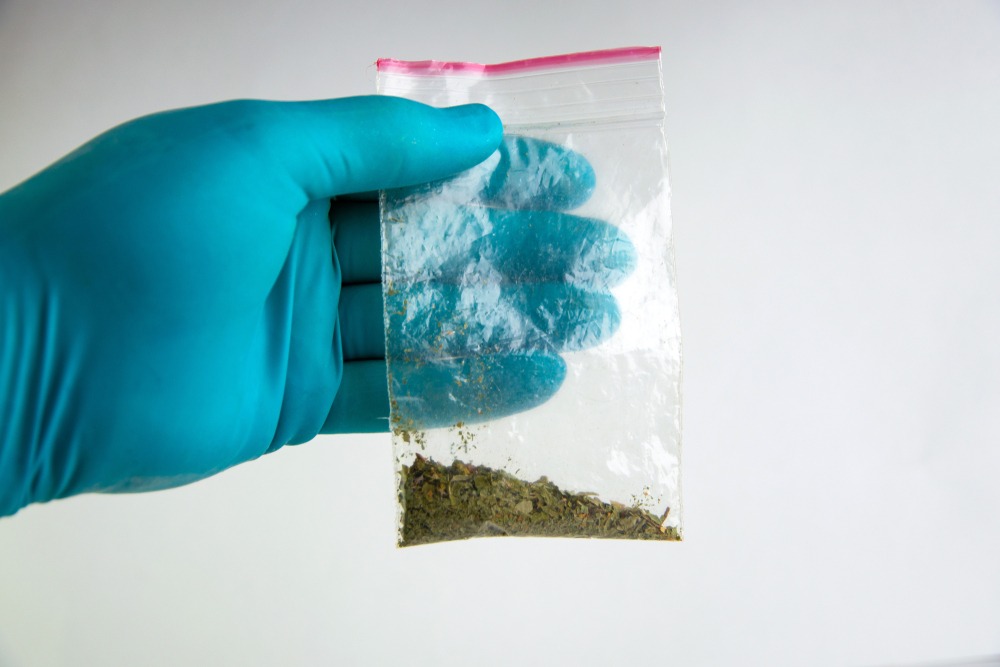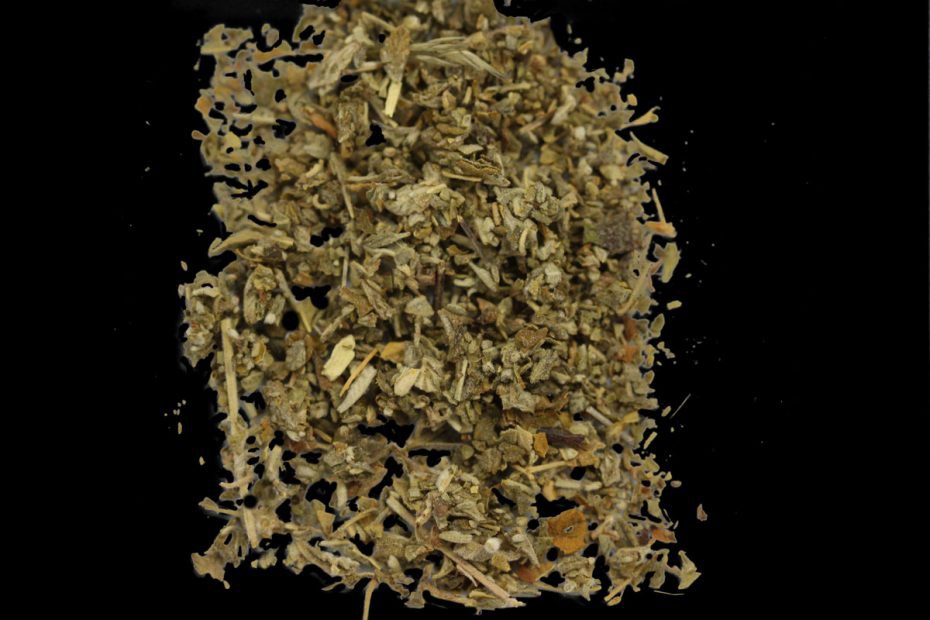Investigating the Promising Applications and Positive Impacts of Seasoning as an Artificial Cannabinoid
In recent times, the expedition of synthetic cannabinoids, specifically Seasoning, has actually sparked interesting conversations within the medical and scientific neighborhoods. The prospective applications and effects of Seasoning in numerous therapeutic settings have actually drawn interest for their unique properties and impacts on the human body. As study dives much deeper right into this synthetic substance, discovering its similarities and differences with natural cannabinoids, a nuanced understanding of its advantages and obstacles emerges. This discussion aims to clarify the promising opportunities that Spice provides in the world of medical care and health, prompting a reevaluation of standard approaches to cannabinoid-based treatments.
Therapeutic Potential of Flavor
Checking out the healing potential of Spice, a synthetic cannabinoid, includes a critical exam of its pharmacological residential or commercial properties and potential medical applications. Spice, additionally known as artificial cannabis, engages with the endocannabinoid system in a way comparable to all-natural cannabinoids, such as those located in cannabis. This interaction results in various physiological results that have triggered interest in its therapeutic possibilities.
Research studies have shown that Seasoning may have possible as an analgesic, aiding to reduce pain in problems such as neuropathic pain or chronic inflammatory discomfort - Buy K2 Paper For Sale. Furthermore, its interaction with cannabinoid receptors provides an opportunity for discovering its usage in managing symptoms of problems like several sclerosis or chemotherapy-induced queasiness and vomiting

Pain Management Advantages
Spice, an artificial cannabinoid, shows promising capacity suffering administration as a result of its analgesic residential properties and interactions with the endocannabinoid system. The analgesic properties of Seasoning stem from its capacity to regulate pain assumption paths, offering remedy for numerous sorts of discomfort, including neuropathic, inflammatory, and nociceptive pain. By targeting the endocannabinoid system, Spice can manage pain signals, reduce swelling, and minimize pain connected with persistent discomfort problems.
Researches have actually shown that Flavor can properly decrease discomfort strength and boost pain resistance in preclinical versions of pain. This artificial cannabinoid has actually demonstrated efficacy in taking care of discomfort symptoms without causing significant negative results typically related to typical pain medications. In addition, Spice reveals prospective in reducing opioid dependence and misuse, supplying a much safer choice for pain monitoring.
Neuroprotective Properties
Artificial cannabinoids like Flavor have been significantly identified for their potential neuroprotective residential properties in alleviating neuronal damages and promoting brain health. Research studies suggest that these compounds may provide neuroprotection via numerous systems, consisting of antioxidant results, anti-inflammatory residential properties, and inflection of neurotransmitter launch. By engaging with click site the endocannabinoid system in the brain, synthetic cannabinoids can control neuronal activity and possibly useful link reduce the impact of neurodegenerative diseases or injuries.
One trick element of the neuroprotective homes of Spice is its ability to modulate excitotoxicity, a procedure wherein too much excitement of neurons causes cell damage or death. By managing neurotransmitter launch and wetting excitotoxic signaling paths, synthetic cannabinoids may help protect nerve cells from hazardous overstimulation. Furthermore, the anti-inflammatory effects of Flavor could minimize neuroinflammation, which is often implicated in numerous neurological problems.
Relative Analysis With All-natural Cannabinoids
In comparing the neuroprotective buildings of synthetic cannabinoids like Flavor with those of natural cannabinoids, a nuanced analysis of their respective impacts on neuronal wellness is vital. Natural cannabinoids, such as those located in the cannabis plant, have actually been extensively examined for their neuroprotective results. These substances communicate with the endocannabinoid system in the body, which plays a crucial function in keeping neuronal feature and safeguarding against neurodegenerative diseases.

Regulative and Ethical Factors To Consider
Thinking about the possible implications on human health and well-being, an exam of governing and ethical factors to consider bordering making use of synthetic cannabinoids contrasted to all-natural cannabinoids is crucial. Synthetic cannabinoids, like Spice, existing one-of-a-kind obstacles due to their commonly unknown chemical structures and effectiveness variants. Regulative bodies deal with the overwhelming job of staying on top of the quick development of brand-new synthetic cannabinoid substances, which can make it challenging to impose constant and effective policies.

To attend to these regulative and moral obstacles, policymakers should prioritize study right into the lasting effects of artificial cannabinoids and establish clear standards for their production, sale, and usage. Education campaigns are important to inform the public about the dangers associated with artificial cannabinoids and advertise responsible consumption techniques. By taking proactive actions, society can much better secure versus the possible injuries presented by synthetic cannabinoids while upholding moral criteria and securing public health.
Verdict
Finally, the investigation right into the restorative potential of flavor as an artificial cannabinoid has shown encouraging results in pain administration and neuroprotection. Comparative analysis with natural cannabinoids suggests comparable advantages. Nonetheless, regulatory and ethical factors to consider have to be meticulously analyzed prior to extensive use. In general, the favorable impacts of spice as a synthetic cannabinoid warrant more research and exploration in the medical area.